Introduction
Japanese manga, a form of comic book and graphic novel, has had a significant impact on modern society, not just in Japan but around the world. Its unique style of storytelling, vibrant artwork, and diverse genres have captivated audiences of all ages and backgrounds. In this article, we will explore the cultural significance of Japanese manga in modern society and how it has influenced various aspects of popular culture.
Historical Background
Manga has a long and rich history in Japan, dating back to the 12th century with the introduction of scrolls depicting various scenes and stories. However, it wasn’t until the 19th century that the modern form of manga began to take shape, with the publication of magazines and newspapers featuring illustrated stories.
The post-World War II era saw a surge in manga production, with artists like Osamu Tezuka revolutionizing the medium with works such as “Astro Boy” and “Black Jack.” These early manga pioneers laid the foundation for the diverse and innovative industry that exists today.
Diversity of Genres
One of the key elements that make Japanese manga so popular is its wide range of genres and themes. From action and adventure to romance and horror, manga caters to almost every taste and interest. Shonen manga, targeted at young boys, often feature action-packed storylines and heroic protagonists, while shojo manga, aimed at young girls, tend to focus on relationships and emotions.
Other popular genres include seinen (adult men), josei (adult women), and kodomo (children), each offering unique perspectives and storytelling styles. This diversity allows manga to appeal to a broad audience, making it a widely accessible and inclusive form of entertainment.
Artistic Style
The artwork in Japanese manga is another major factor contributing to its appeal. Manga artists use a distinct style characterized by exaggerated facial expressions, dynamic action sequences, and detailed backgrounds. This combination of artistic techniques creates visually stunning and immersive storytelling experiences that capture the reader’s attention.
Manga artists also often employ creative panel layouts and pacing techniques to enhance the flow of the story and create suspenseful moments. The use of sound effects, onomatopoeia, and visual cues further enrich the reading experience, making manga a unique and engaging form of visual storytelling.
Global Influence
Japanese manga has transcended its borders and gained popularity worldwide, influencing various forms of media and entertainment. Manga adaptations have been produced in the form of animated series (anime), live-action films, video games, and merchandise, reaching a global audience and generating significant revenue.
The success of manga outside of Japan has also led to the rise of fan communities and conventions dedicated to celebrating and promoting the medium. Cosplay, fan art, and fan fiction have become integral parts of the manga fandom, creating a sense of camaraderie and shared passion among enthusiasts around the world.
Social Impact
In addition to its entertainment value, Japanese manga has also had a profound impact on social and cultural issues. Manga often explores complex themes such as identity, gender, politics, and morality, providing a platform for reflection and discussion on these topics.
Manga has also been used as a tool for education and advocacy, raising awareness about issues such as mental health, environmental conservation, and social justice. Some manga artists have even collaborated with nonprofit organizations to create awareness campaigns and fundraising initiatives, using their platform to make a positive impact on society.
Conclusion
Japanese manga has become a cultural phenomenon with a lasting impact on modern society. Its diverse genres, unique artistic style, and global influence have solidified its place as a beloved and cherished form of entertainment for millions of fans worldwide.
As manga continues to evolve and adapt to changing trends and technologies, its cultural significance will only grow stronger, inspiring future generations of artists and storytellers to push the boundaries of creativity and imagination.
Whether you’re a longtime manga enthusiast or a newcomer to the medium, there’s no denying the lasting legacy and influence of Japanese manga in modern society. Its ability to transcend cultural boundaries, spark important conversations, and bring joy and inspiration to people of all ages is a testament to the power of storytelling and creativity.

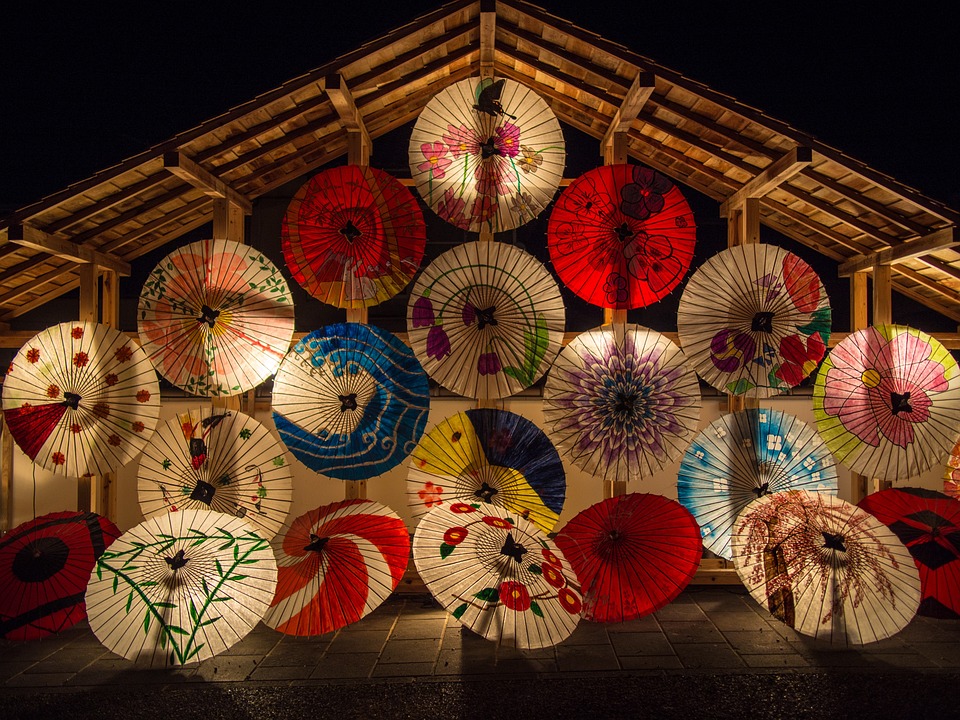
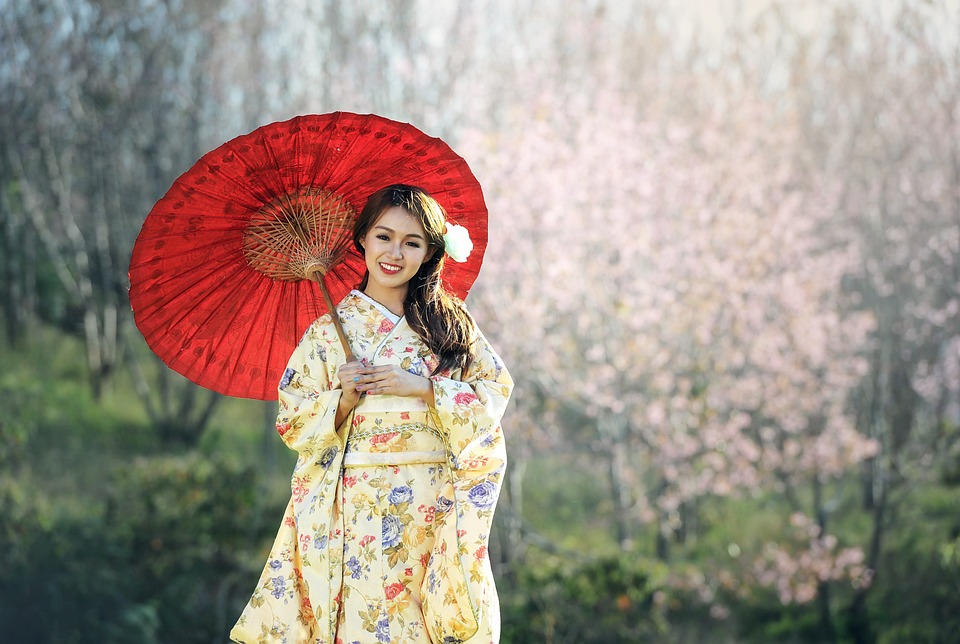
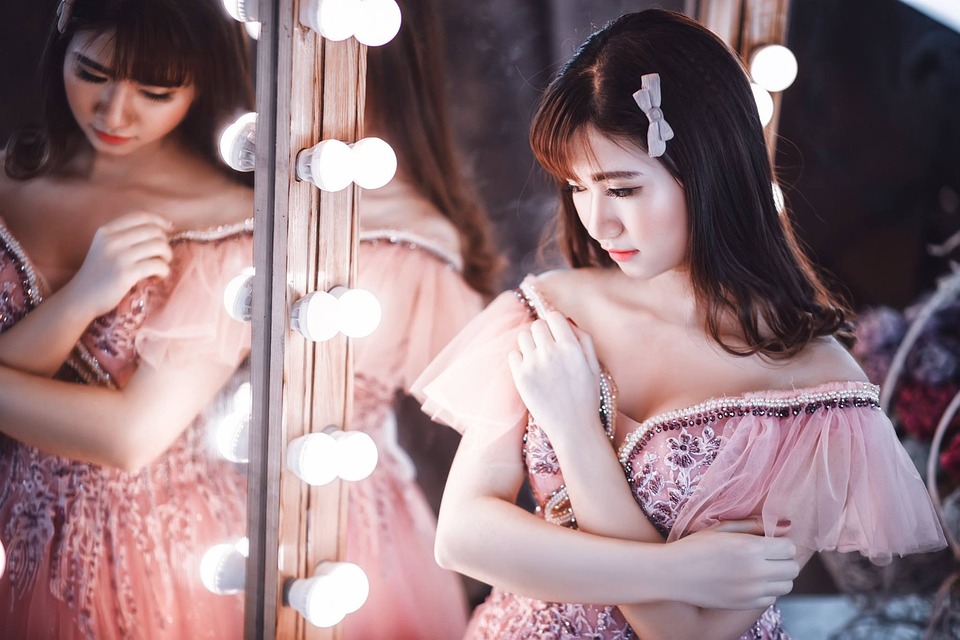

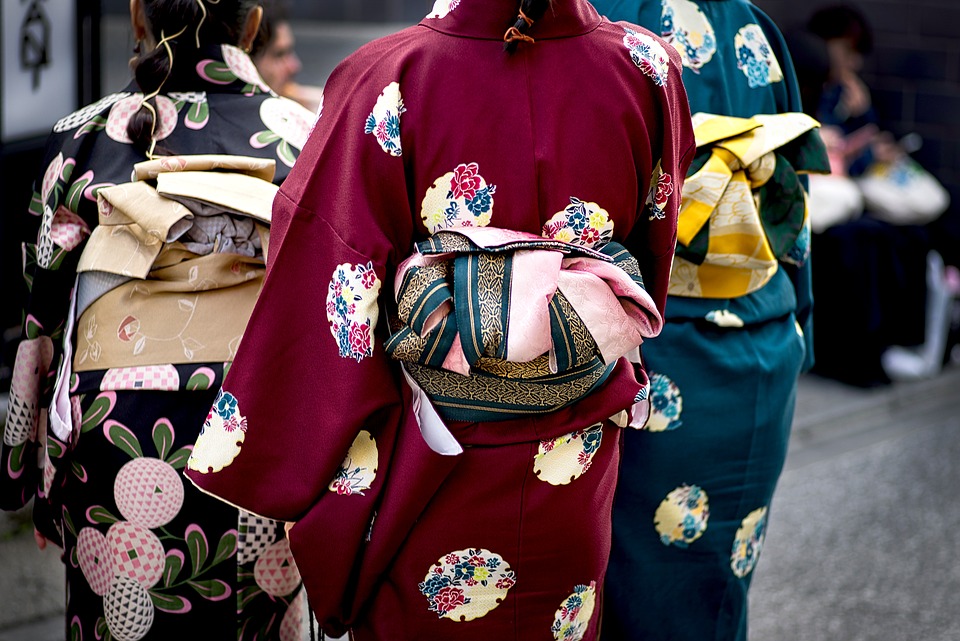
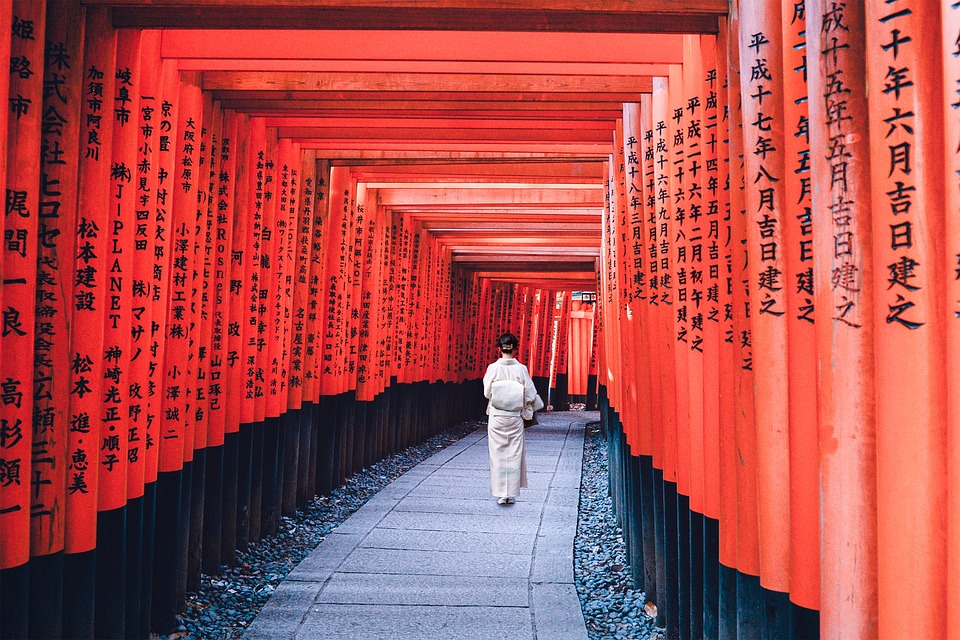




Leave a Reply